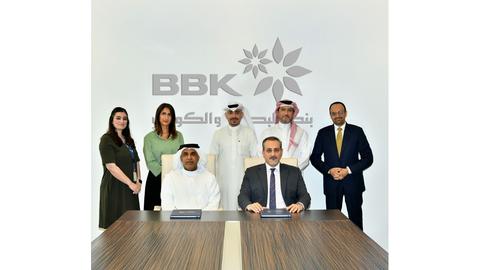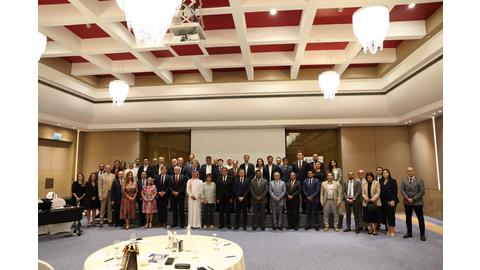Members
KPMG report finds slow progress on climate disclosures by banks

Progress on climate-related disclosures in annual reports by some of the world’s leading banks slowed down in 2021, according to a new report from the KPMG International Standards Group.
The annual benchmarking analysis, now in its second year, looked at climate-related disclosures in the most recent annual reports of 35 major banks, based in territories around the world – offering insight to investors, regulators, preparers and other interested key stakeholders.
Despite increasing consensus on the need for enhanced climate impact transparency, the findings reveal that, while many institutions are on a clear journey towards greater voluntary disclosure, with 100 percent of banks analysed providing some form of climate-related disclosures, more detailed progress in annual reports has slowed and varies significantly from territory to territory.
Banks based in jurisdictions that have already implemented heightened regulation on climate-related disclosures have made the biggest strides with more enhanced disclosures – with UK banks ahead of the pack.
Meanwhile, some jurisdictions where the base level of disclosure in annual reports was historically lower are catching up with those that have more advanced disclosures.
Commenting, Jeyapriya Partiban, partner and head of advisory at KPMG in Bahrain, said: “The report findings reveal that many banks worldwide still do not provide climate-related disclosures in their financial statements and, users of annual reports are increasingly looking for information about the impact from climate-related risks and opportunities as they want to understand how these impacts filter through to their financial statements and influence their bottom-line. However, this trend will eventually change as climate reporting will soon be a part of the mandatory reporting framework.”
She added, “In Bahrain, the Central Bank of Bahrain (CBB) published a circular announcing the intent and commitment towards addressing social and climate-related risks within the financial services sector. To begin with, licensees need to understand how climate-related risks an impact on can have the organisation and show evidence on how they are considering climate-related risks in terms of monitoring, measuring and managing their risks.
The future of this would typically lead towards building a formal framework in terms of risk protocols, compliance requirements and disclosures. Therefore, banks need to start applying an ESG lens on their strategy, business plans, policies and processes, internal culture and their overall organisational activities to ensure they can maintain and manage ongoing compliance.”
Despite slower progress, KPMG’s analysis highlights that banks are aware of the relevant climate-related risks, particularly when it comes to describing the risks they have identified and how they have set up their governance structures to manage these risks.
Seventy seven per cent of the banks surveyed disclose that they are integrating ‘climate-related risks’ into their wider risk management framework and are starting to follow the more ‘business as usual’ processes of identification, assessment, management and reporting of climate-related risks.
Many of the banks also acknowledge that ‘climate-related risk’ is an overarching risk that has an influence on their other risks.


